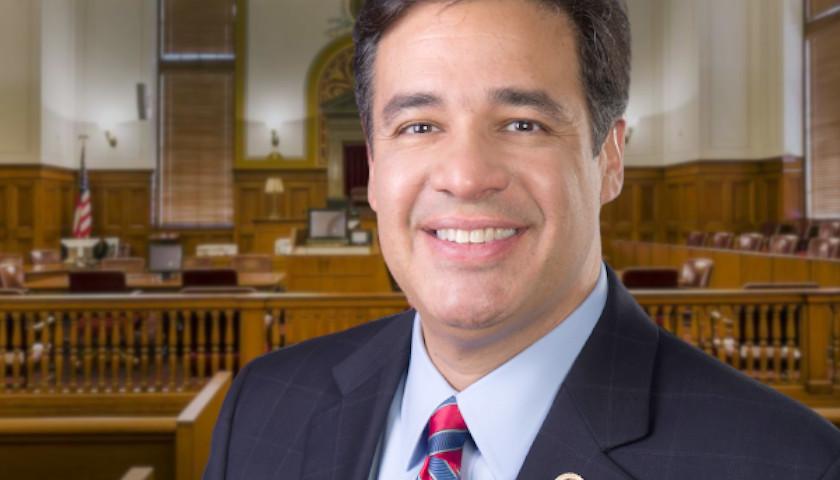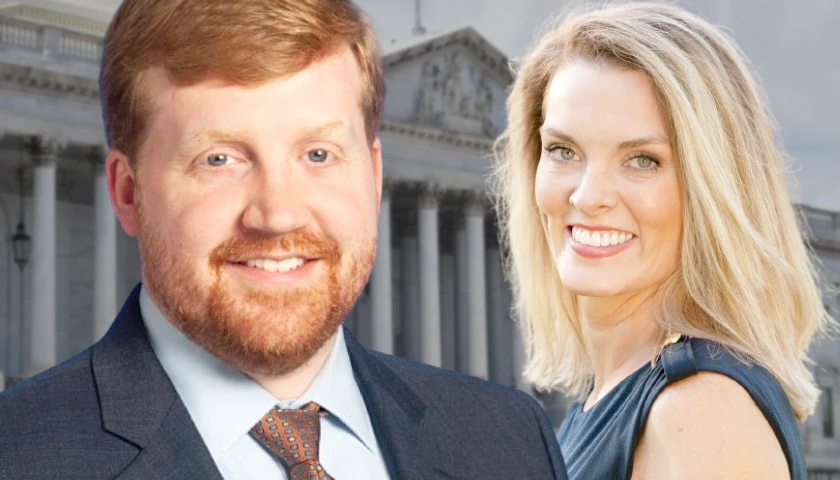Idaho Attorney General Raul Labrador (R) joined a coalition of 18 states on Monday supporting a Tennessee law protecting minors from lewd and obscene behavior.
Tennessee Governor Bill Lee (R) signed the Tennessee Adult Entertainment Act (AEA) into law in March of this year, which bans “adult cabaret performance” in public or in front of children in the state of Tennessee.
The Tennessee law makes taking part in drag shows within 1,000 feet of certain establishments, such as schools and parks, a Class A misdemeanor for first-time offenders, punishable by up to a year in jail. A second violation would be a Class E felony, which carries a maximum six-year jail sentence.
Judge Thomas Parker of the United States District Court for the Western District of Tennessee halted the law’s execution in June after declaring that it violated the right to free speech.
South Carolina Attorney General Alan Wilson (R) is leading the effort to support the appeal of that initial ruling.
The coalition of attorney generals argued in an amicus brief that the district court erred in concluding that Tennessee acted unlawfully when it required that sexually explicit adult entertainment only be performed in adult-only locations and not on public property, which resulted in its decision to rule against the act.
According to Labrador (pictured above), the district court incorrectly ruled against the law, and he has a moral and legal obligation to ensure this ruling does not stand.
“It is the opinion of my office that the District Court in Tennessee made a significant error in ruling against the AEA. The Court misrepresented the law as a way to rule against it. Tennessee does not ban drag shows as it suggests but merely requires such acts to not occur around children, similar to other types of dance. The statute primarily prohibits indecent performances featuring nudity and sexually explicit content. We have a moral and legal obligation to ensure this ruling does not stand. I am proud to join other Attorneys General in appealing this wrong decision,” Labrador said.
Labrador said that contrary to what its detractors claim, the law does not forbid drag performances. By its own definition, the AEA only applies to specific types of sexual or explicit performances that are part of adult entertainment, and the law does not even forbid those performances. It merely stipulates that this kind of sexual entertainment must occur in adult-only areas and forbids it on public property.
The brief states, “The district court disregarded decades of precedent that respects the role of legislatures—and state legislatures in particular—in shaping public policy. The Tennessee legislature did not act with an impermissible purpose, and the Court’s holding to the contrary undermines basic principles of separation of powers. The judgment of the district court should be reversed.”
Attorney General Labrador is joined by Alaska, Florida, Georgia, Indiana, Iowa, Louisiana, Mississippi, Missouri, Montana, Nebraska, North Dakota, Texas, Utah, Virginia, and West Virginia on the amicus brief.
As previously reported by The Tennessee Star Alabama Attorney General Steve Marshall (R) also joined the coalition last week, stating that there is nothing unconstitutional about Tennessee protecting its children from lewd and obscene behavior.
– – –
Hannah Poling is a lead reporter at The Ohio Star, The Star News Network, and The Tennessee Star. Follow Hannah on Twitter @HannahPoling1. Email tips to [email protected]





